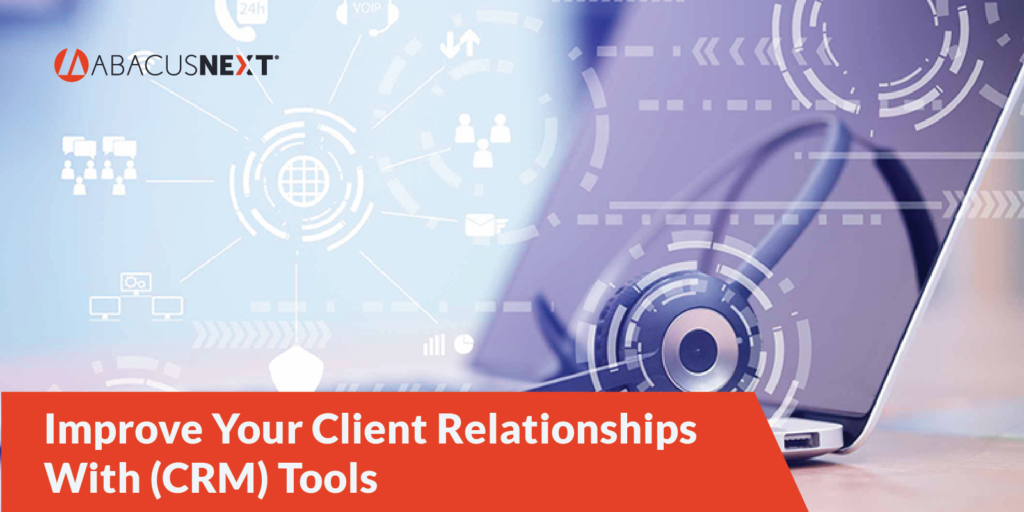Improve Your Client Relationships With Client Relationship Management (CRM) Tools


For many accounting firms, the business development process can be painstakingly slow. Manually building and managing a client base requires a lot of time and attention, and that’s on top of the in-person interactions required to create and maintain those relationships.
As your firm grows and matures and your customer list gets longer, it makes sense that you’d start to look for a way to streamline and automate the way you engage with your customers. That explains why the $80-billion customer relationship management (CRM) software market is growing so quickly, and why 91% of companies with more than 11 employees use a CRM.
If you’re considering different ideas of how you can update and upgrade your tax and accounting firm’s approach to customer relationship management, here are three ways a CRM can help you deliver better service to your customers:
- All of a client’s information stays in one place.
For highly technical services like taxes and accounting, organization is key to great customer service. Using a CRM allows you to store all your customer information in one place so you have access to everything about a client whenever you or someone from your company engages with your customers.
Not only will this help your employees provide more detailed support, the continuity of service will ensure your customers don’t have to repeat themselves every time they reach out to you. They can pick up where they left off and get down to business right away.
- Clients get the right amount of communication.
One of the hardest balances to strike is how frequently you reach out to a prospect or current customer. If you reach out too much, you risk overwhelming the customer with your interest or turning them off from your style of communication. But if you reach out too infrequently, you won’t stay top of mind and you’ll miss out on opportunities to engage them with your services. A CRM keeps track of all these engagements so you can connect with your clients on a regular schedule without overwhelming them.
Read more: “Learn What It Takes to Implement New Systems at Your Firm”
- Clients get a more sophisticated level of service.
The most important benefit of CRM is the long-term one. A streamlined approach to client relationships will allow you to be more efficient and effective in your outreach and eventually capture more revenue with less effort, freeing up valuable time and energy so you can serve your clients at a more sophisticated level.
For example, in a busy firm, it’s all too common for an account manager to hear about a customer need and make a note to follow up on the potential engagement later. Because those notes aren’t centrally organized and the account manager is overwhelmed with other priorities, the opportunity goes nowhere. When you use a CRM to manage the customer relationship, your employees have more bandwidth to take the initiative and follow up on those opportunities, resulting in better service for your customers and more revenue for your firm.
Read more: “5 Essential Technologies for Firm Growth”
A CRM is a valuable tool to help your tax and accounting firm follow up on potential new clients. But it can also bring powerful benefits to your workflow and the way you pursue new business with current clients. Consider following the example of the majority of enterprise companies and adopt a CRM to improve your client relationship management.